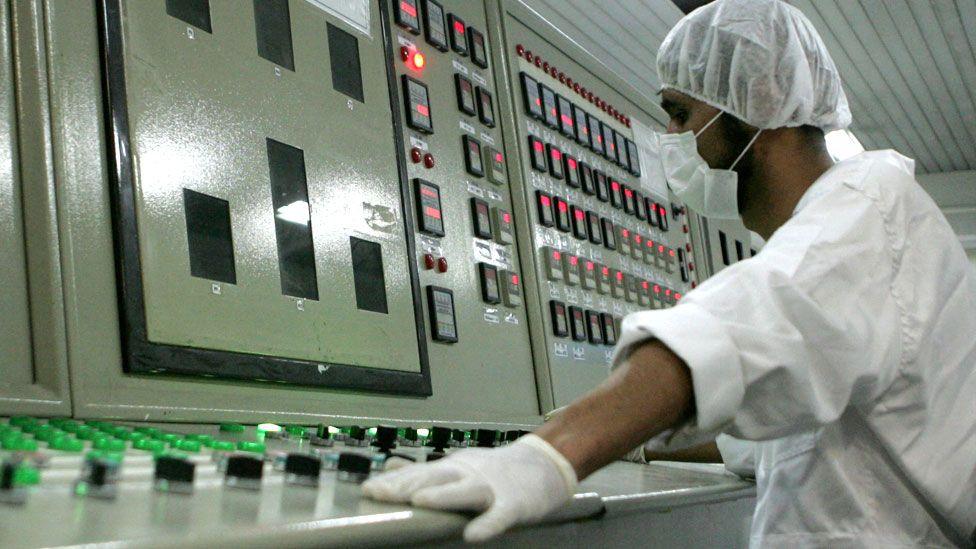Iran significantly growing uranium stockpile, warns UN nuclear agency
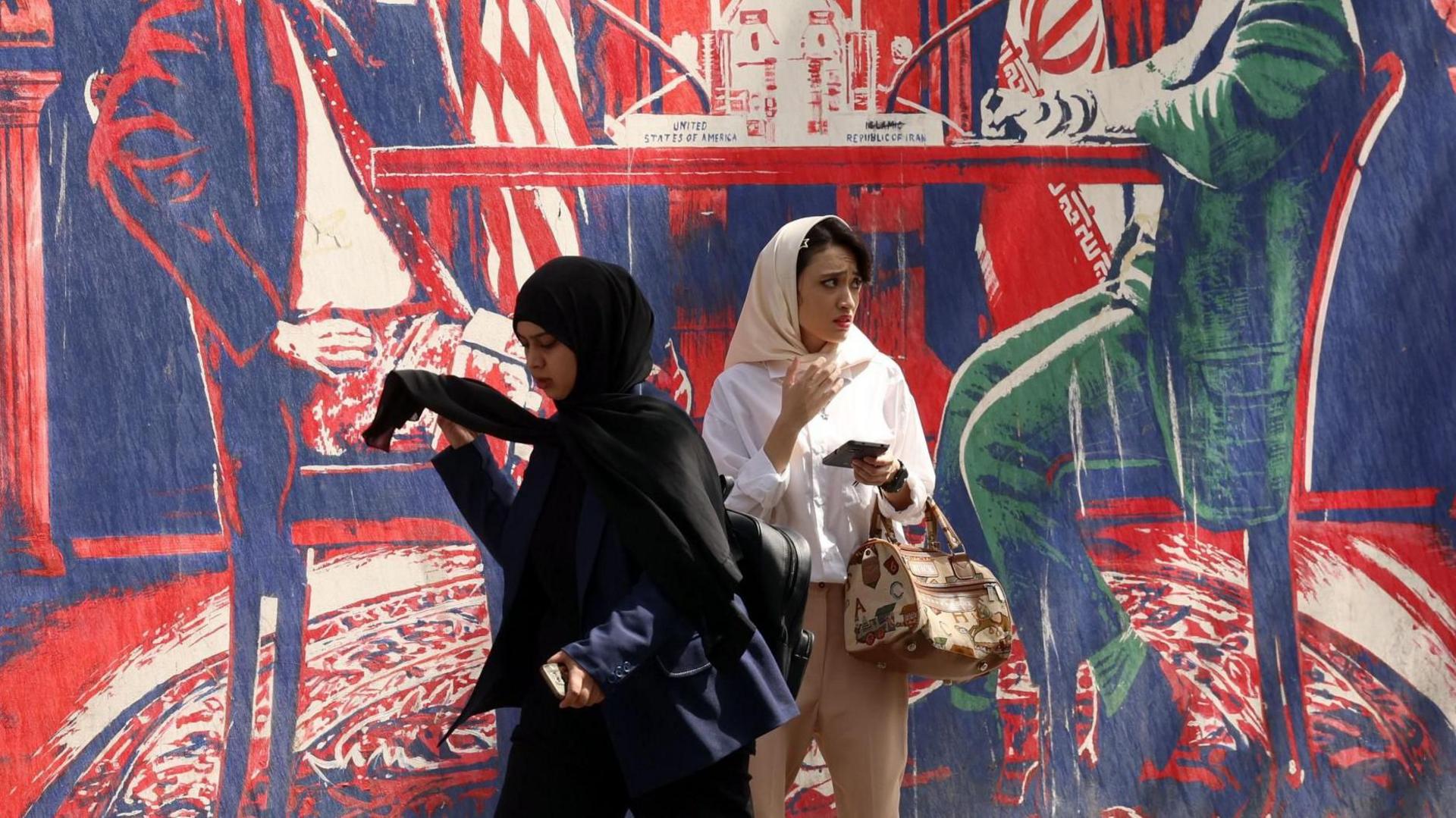
- Published
Iran has further stepped up its production of highly enriched uranium, according to the UN nuclear watchdog, which set out "serious concern" at the development.
In a confidential report seen by the BBC, the International Atomic Energy Agency (IAEA) said Iran now possesses over 400kg of uranium enriched to 60% purity - well above the level used for civilian purposes and close to weapons grade, and a near 50% increase in three months.
It is enough for about 10 nuclear weapons if further refined, making Iran the only non nuclear-armed state producing uranium at this level.
Iran has long said its programme is peaceful.
But the IAEA said it could not confirm whether it remains so.
Iran has produced highly enriched uranium at a rate equivalent to roughly one nuclear weapon per month over the past three months, the report found, during the ongoing nuclear negotiations between Tehran and Washington.
"The significantly increased production and accumulation of highly enriched uranium by Iran... is of serious concern," said IAEA Director General Rafael Grossi.
The report paves the way for the US, Britain, France and Germany to push for the IAEA's board of governors to find Iran in violation of its non-proliferation obligations.
Following the IAEA report, Israel on Saturday accused Iran of being "totally determined" to acquire nuclear weapons.
"Such a level of enrichment exists only in countries actively pursuing nuclear weapons and has no civilian justification whatsoever," a statement from Prime Minister Benjamin Netanyahu's office said.
Iranian Foreign Minister Abbas Araghchi responded that Tehran considers nuclear weapons "unacceptable".
"If the issue is nuclear weapons, yes, we too consider this type of weapon unacceptable," Araghchi, Iran's lead negotiator in the US-Iran talks, said in a televised speech. "We agree with them on this issue."
US officials estimate that, if Iran chooses to pursue a weapon, it could produce weapons-grade material in less than two weeks and potentially build a bomb within months.
The IAEA's latest assessment, longer and more comprehensive than usual, also details troubling findings about Iran's past nuclear work, including a secret programme carried out until the early 2000s.
It concluded that Tehran conducted undeclared nuclear activities at three previously unknown sites: Lavisan-Shian, Varamin and Turquzabad.
Despite ongoing negotiations between Tehran and Washington over a potential new nuclear deal, the report offered no indication that Iran has slowed its enrichment efforts.
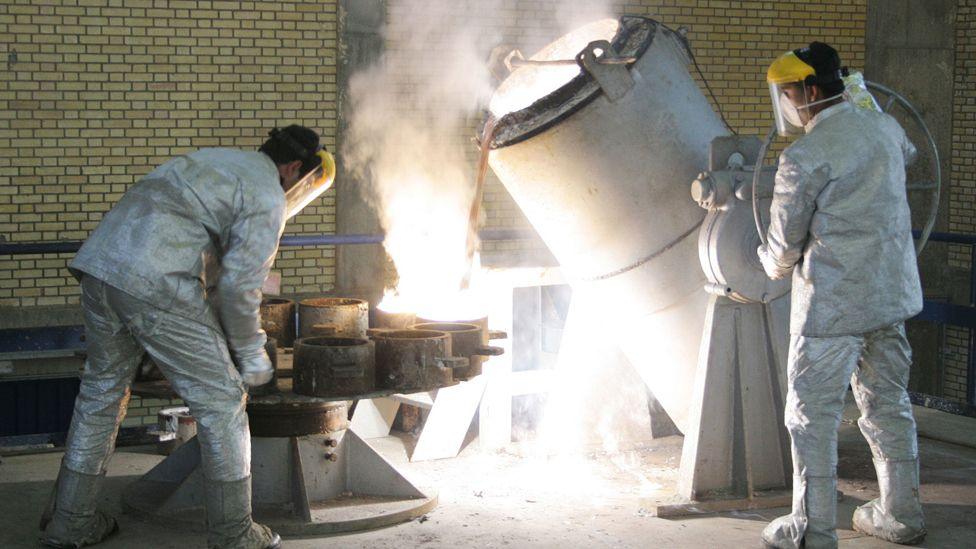
The IAEA assessment details troubling findings about Iran's past nuclear work (archive photo)
Talks have been under way since April, with both sides expressing optimism but remaining divided over key issues - chief among them, whether Iran can continue enrichment under any future agreement.
Iran insists its nuclear programme is entirely peaceful and has long denied accusations it is seeking to develop nuclear weapons.
However, the IAEA stated that it "cannot verify" this, citing Iran's refusal to grant access to senior inspectors and its failure to answer longstanding questions about its nuclear history.
In recent months, two of Supreme Leader Ayatollah Ali Khamenei's advisors - Ali Larijani and Kamal Kharazi - have suggested Iran might reconsider its long-standing position against building nuclear weapons if international pressure intensifies.
Such statements have raised alarm among Western diplomats, who fear Iran is edging closer to becoming a nuclear threshold state.
The IAEA board is expected to meet in the coming days to discuss next steps, amid mounting international pressure on Tehran to fully cooperate with inspections and return to compliance with nuclear non-proliferation norms.
The report is likely to lead to Iran being referred to the UN Security Council, though that would probably happen at a later IAEA board meeting, diplomats told the Reuters news agency.
Related topics
- Published12 April
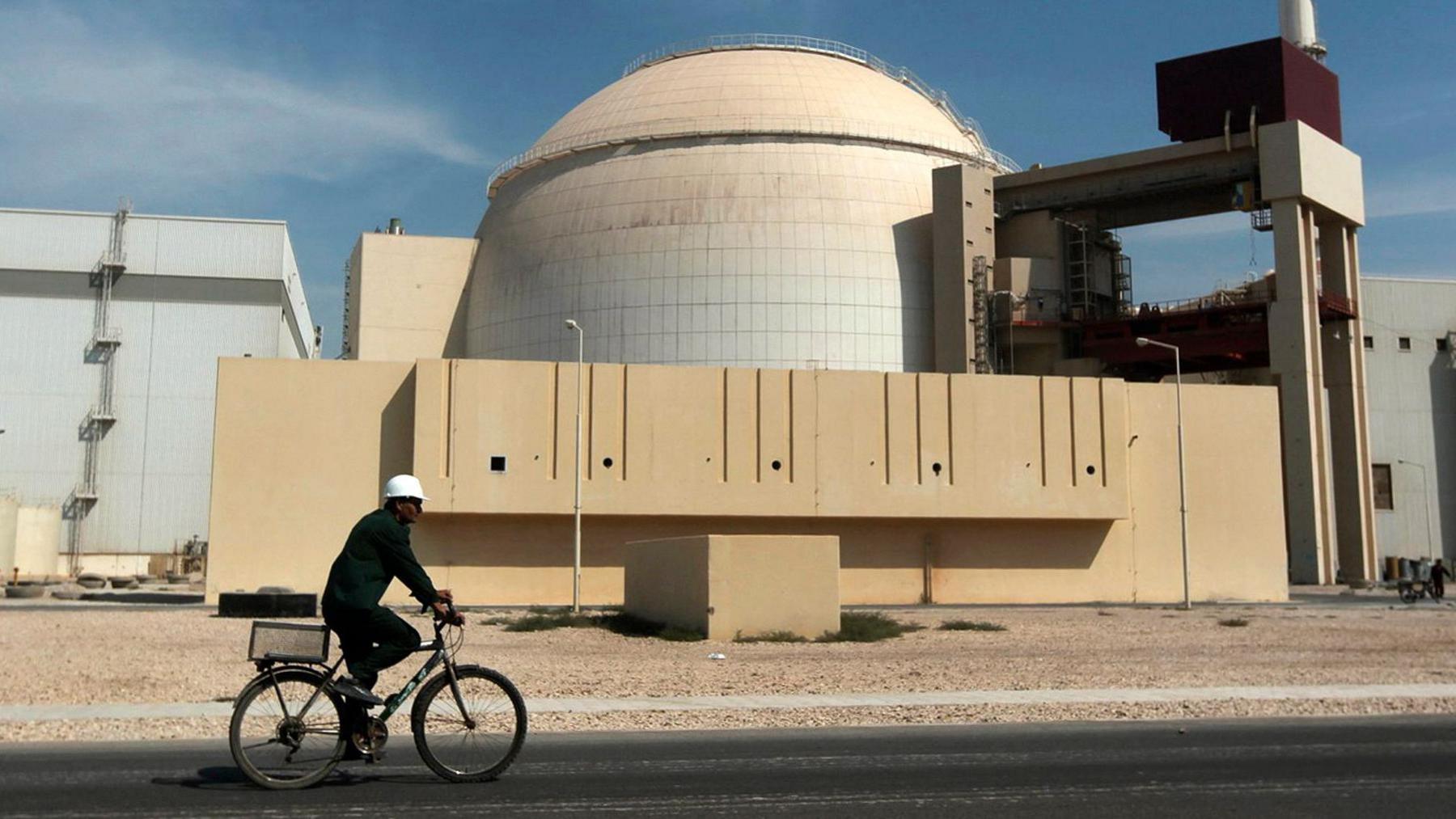
- Published9 April
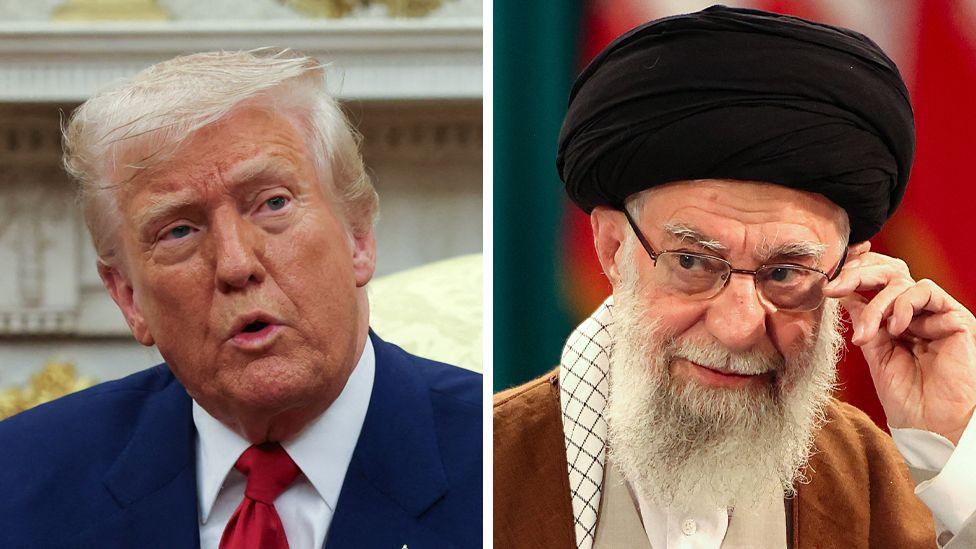
- Published8 April
